There are two ways to go about planning to buy your dream house.
- You can look at your salary and estimate how much house you can afford based on what you earn every month.
- You can take a look at the type of house you’re dreaming of and estimate how much income you’ll need to be able to afford it.
Whichever approach you choose to figure out how much home you can afford, this blog article will help you determine just how much money you’ll need to put aside to make your monthly mortgage payments. Let’s get started!
Mortgage Payments 101
First, let’s set the stage. Many people dive headfirst into looking to buy a home without really understanding what a mortgage payment covers.
When you buy a home, you typically have a downpayment saved up. This can be up to 20% of the purchase price. If you qualify, a lender, like a bank or a mortgage company, will loan you the rest of the purchase price to pay the seller.
As the homebuyer, you’re obligated to pay that money back to the lender with interest — typically a monthly payment. Sometimes that payment will have insurance and property taxes rolled in, increasing the total amount you’ll end up paying every month. You do this until the loan is paid off, typically 15 – 30 years, or until you sell the house.

How much of your salary should go towards your mortgage?
There are a lot of equations out there to help prospective homebuyers — especially first-time homebuyers — calculate how much of your salary should go towards your mortgage. Whichever you choose, remember that besides your income, you’ll want to factor in your lifestyle, current (and future) debt load and any financial goals for your family — because you don’t want to be house poor.
Let’s imagine your household income is $8,000 pre-tax every month. After taxes, your take-home pay is $6,000. Here are three ways to calculate how much you can afford at that income level.
#1: The 25% post-tax calculation
Many lenders agree that your total monthly debt should be 25% or less of your post-tax take-home pay.
Imagine that after taxes are taken out, your monthly paycheck is $6,000. To calculate how much home you can afford in this scenario, multiply $6,000 by 25%, or 0.25. This leaves you with $1,500 to spend on your monthly mortgage payment (including principal, interest, taxes and insurance).
This model is the most conservative of the three, giving you less money to spend on a mortgage. However, the calculation will likely be the easiest to live with financially, especially if you’re still paying off other debt.
#2: The 28% pre-tax calculation
This method takes a different approach by looking at your income before any taxes are taken out. Here, it is suggested that you can comfortably spend 28% or less of your gross income on your mortgage payment each month.
The calculations are similar to the formula above. Imagine that before taxes are taken out, your monthly paycheck is $8,000. To calculate how much home you can afford in this scenario, multiply $8,000 by 28%, or 0.28.
This leaves you with up to $2,240 to cover monthly housing costs (not including repairs, upgrades, homeowners association dues, etc.).
#3: The 35% / 45% calculation
This model sounds more complicated, but it’s actually the more traditional way to determine what you can afford. The 35%/45% example says that you shouldn’t spend more than 35% of your pre-tax income or 45% of your after-tax income on your mortgage payment.
To estimate what you can afford using this model, multiply your gross monthly income (pre-tax) by 35%, and then multiply your monthly take-home pay by 45%. The total you can spend on a mortgage is somewhere between these two amounts.
Like before, your household income is $8,000 before taxes. Multiplying $8,000 by 35% or 0.35 gives you $2,800. And your take-home paycheck every month, after taxes, is $6,000. Multiply $6,000 by 45% or 0.45 resulting in $2,700.
Using this approach, you should have no problem with a mortgage payment between $2,700 and $2,800 per month, giving you more options on the types of homes you can consider.
Still confused? Talk to a loan officer
The calculations above are really just ballpark estimates. To really know the percentage of your income that should go toward your mortgage, you also have to factor in how much debt you have and what your goals are. For example, if you’re looking to start a family, you might need to put away more money for diapers, childcare and tuition savings than you’re currently considering.
At Movement Mortgage, we’ll discuss your particular citation and look at everything — including your liquid assets and credit score — in order to pre-approve you for a loan you can handle.
Connect with Movement Mortgage Loan Officer, Hung Le, if you’re looking to buy!


 Facebook
Facebook
 Twitter
Twitter
 Pinterest
Pinterest
 Copy Link
Copy Link



